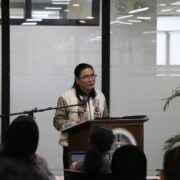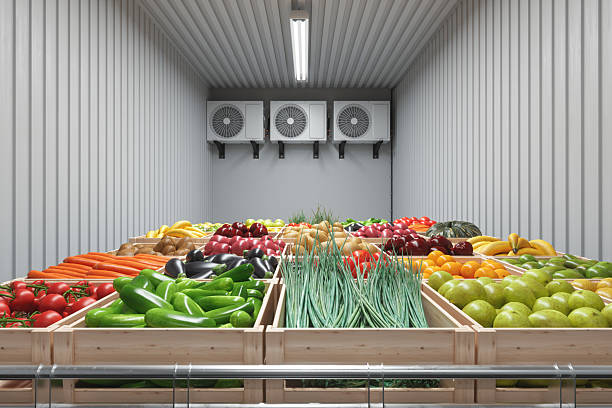The Philippines must eat its vegetables

When it comes to nutrition, vegetables must be the priority. This is especially important today, with 27 percent of Filipino families suffering from “involuntary hunger” (nothing to eat at least once in the last three weeks).
Poor nutrition is a major reason why nine out of 10 kids aged 10 years old are unable to read and understand age-related text. Out of 81 countries, our 15-year-olds rank 79th in terms of performance in mathematics, science and reading.
Lack of food is not the only problem. With the little food we have, vegetable consumption share is very low.
We should all know by now that vegetables provide the essential nutrients we need. They are rich in vitamins and minerals, high in fiber, low in calories and fats, possess antioxidant properties, contribute to hydration and prevent diseases. Consuming a variety of vegetables is an effective and inexpensive way to improve one’s health.
Producing vegetables takes less than three months usually, with a high return on investment if grown properly. Unfortunately, we have not given vegetables their needed attention.
Compare the Philippines with Vietnam. Vietnam’s population of 102 million is relatively near our 117 million. In 2022, they produced 17.8 million tons of vegetables, while we produced only 6.9 million tons.
Vietnam then put major emphasis on increasing vegetable production by setting a goal of 23.5 million tons, or a 32-percent increase, in 2023. In contrast, we had no increase at all: still 6.9 million tons in 2023. The low percentage of vegetables present on every Filipino table has resulted in unhealthy diets.
The Department of Education (DepEd) has been trying to address this problem. For its school feeding program, DepEd has increased the budget from P3 billion two years ago to P11 billion today. It has identified vegetables as part of this program.
Today, its Gulayan sa Paaralan (GSP) is present in 44,965 (or 94 percent) of their schools. However, this is poorly funded and lacks a good model to follow for maximum impact.
Although the GSP budget has doubled from P10 billion in 2021 to P21.8 billion this year, this amounts to only P454,000 per school per year.
There is also no planned coordination with the Department of Agriculture (DA). As of Jan. 15, there are only three existing partners of GSP: International Institute of Rural Reconstruction, SEAMO-SEARCA, and the East-West Seed Foundation, Inc.
Thankfully, Agriculture Secretary Francisco Tiu Laurel Jr. has initiated talks with DepEd for the DA’s own Gulayan sa Bayan (GSB), which will be launched this year. Since the GSP has no model to follow at the municipal level, a DA-initiated GSB will provide this important missing element.
With a wider reach, they can also influence neighboring barangays that also suffer from a lack of a good model to follow.
Private sector
Recently, a private sector group has participated actively in this GSB initiative: AgriBusiness and Countryside Development Foundation (ABCDF). The Management Association of the Philippines (MAP) created this foundation.
Last April 3, ABCDF-MAP leaders met with individuals knowledgeable about DA and DepEd operations to discuss GSB. Here are their initial recommendations:
The municipal mayor should head this program and add their input to strengthen the municipality’s GSB.
The GSB should coordinate with DepEd so that model replication can be widespread .
The GSPs should share their learning with the GSBs in their own respective municipalities .
The GSB can then graduate from vegetable production to processing.
The DA has already developed a P50,000 worth greenhouse to improve vegetable volume and quality. It also has small-scale processing models with accompanying business practices, including marketing and accounting.
There should be a three-year plan of implementation and expansion, consistent with the mayor’s term of office.
The mayor should have a private sector co-lead to access new insights and for transparency. They can be from a nongovernment organization, a religious-based organization or a rural improvement club.
The GSB implementation team should have at least a municipal agriculturist, a barangay council representative and a DepEd representative as members.
There should be a national and high-priority initiative to address our critical state of nutrition, with emphasis on vegetables. If the leaders of Indonesia and Vietnam are addressing this effectively, it is time we do the same.
The author is Agriwatch chair, former secretary of presidential flagship programs and projects, and former undersecretary of the Department of Agriculture and the Department of Trade and Industry. Contact is agriwatch_phil@yahoo.com.





















Mangroves matter